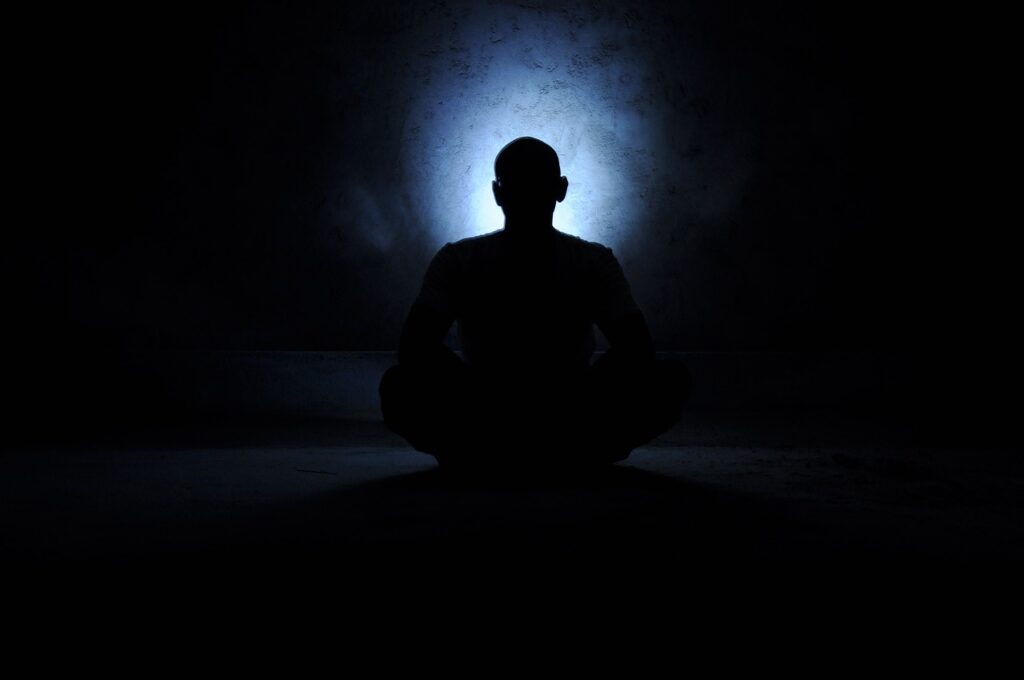Vedic Religion
Vedic Religion is the earliest layers of the religion of India, the ancient religion that made its way into India carried by the Aryan people (“noble” or “royal” people) who were the children of the ancestors of the ancient Iranian people invading India from the Northwest.

The Vedic Aryans were an Indo-European people, connecting them with the same linguistic, cultural, and ethnic family as the Norse, Celts, Greeks, Hittites, Hurrians, Germans, Romans, Iranians and modern French, Spanish, and Italian peoples.
Vedic Religion was preserved as an oral tradition for thousands of years. We are not entirely certain when the Vedas were composed, but it seems likely that the majority of the Vedic scriptures were crafted into something close to their final form during the 2nd millennium BCE (between 2000–1000 BCE).
With that being said, there are elements of the Vedic scriptures (like the myths and legends of Norse, Zoroastrian, Sumerian, and Egyptian religion) that date back far beyond this date all the way to the Last Ice Age because they remember the Global Flood and the Ice Age encoded in myth, as well as retain memory of astronomical information which can be dated to this time with a fair certainty — at least several thousand years before the second millennium BCE.
The Vedas
The Vedas are the scriptures that hold Vedic Religion.
Vedic Cosmology
The cosmology found within Vedic Religion is extensive, complex, and oftentimes, contradictory. Perhaps this is due to its sheer age, the duration of time that it spent as an oral tradition — literally 2000 years of apparently very accurate preservation through oral transmission — and the time over which diverging sects, interpretations, and contradictory recollections were able to emerge. Whatever the case may be, it remains that Vedic Religion is one of the oldest continuous traditions in the world.
- Hiranyagarbha: The Golden Embryo of Creation — According to the Vedic scriptures, the universe was born from the Hiranyagarbha, the golden embryo. The universe was formless darkness, and in that darkness the Supreme Intelligence gave birth to himself (known by various names in various traditions such as Brahman and Svayambhu). According to one version, Prajapati was born from the golden embryo as well as the sky and sun.
Vedic Gods & Goddesses
The Vedic Gods & Goddess (and those of later Hinduism) are boundless. There are too many to name in a list that can be expected to be read, so we will concern ourselves here only with the central deities of Vedic Religion.
- Prajapati — whose name literally means “Lord of Creation” as well as “Lord of Creatures” and “Lord of All Born Beings”. Prajapati played a central role in Vedic cosmology, as he was the first to be born from the golden embryo (the Vedic interpretation of the Cosmic Egg) in the primordial waters in the early stages of creation. He is also considered the progenitor of all divine beings, the Devas and Asuras.
Cite This Article
MLA
West, Brandon. "Vedic Religion". Projeda, December 11, 2024, https://www.projeda.com/vedic-religion/. Accessed May 2, 2025.
